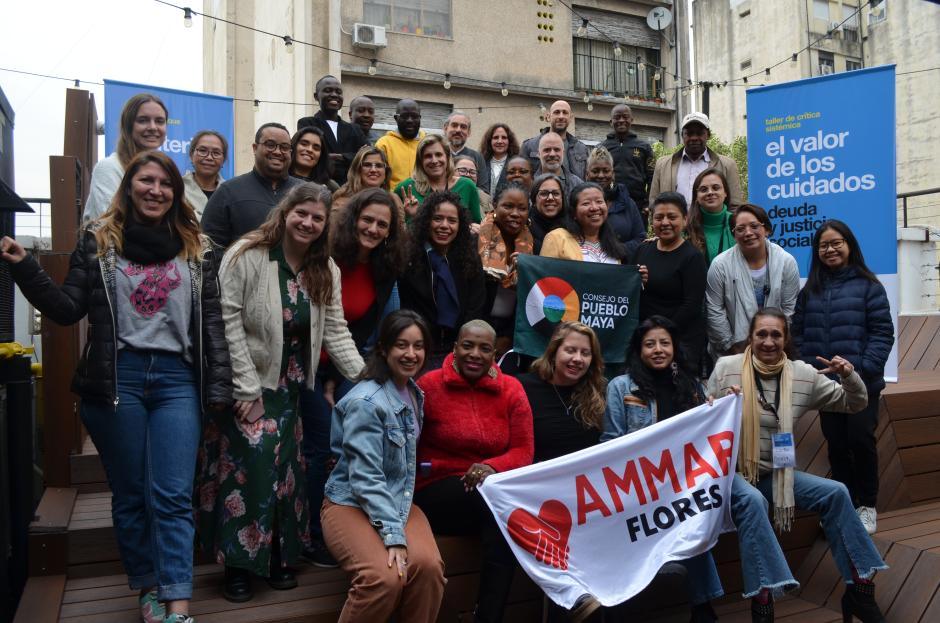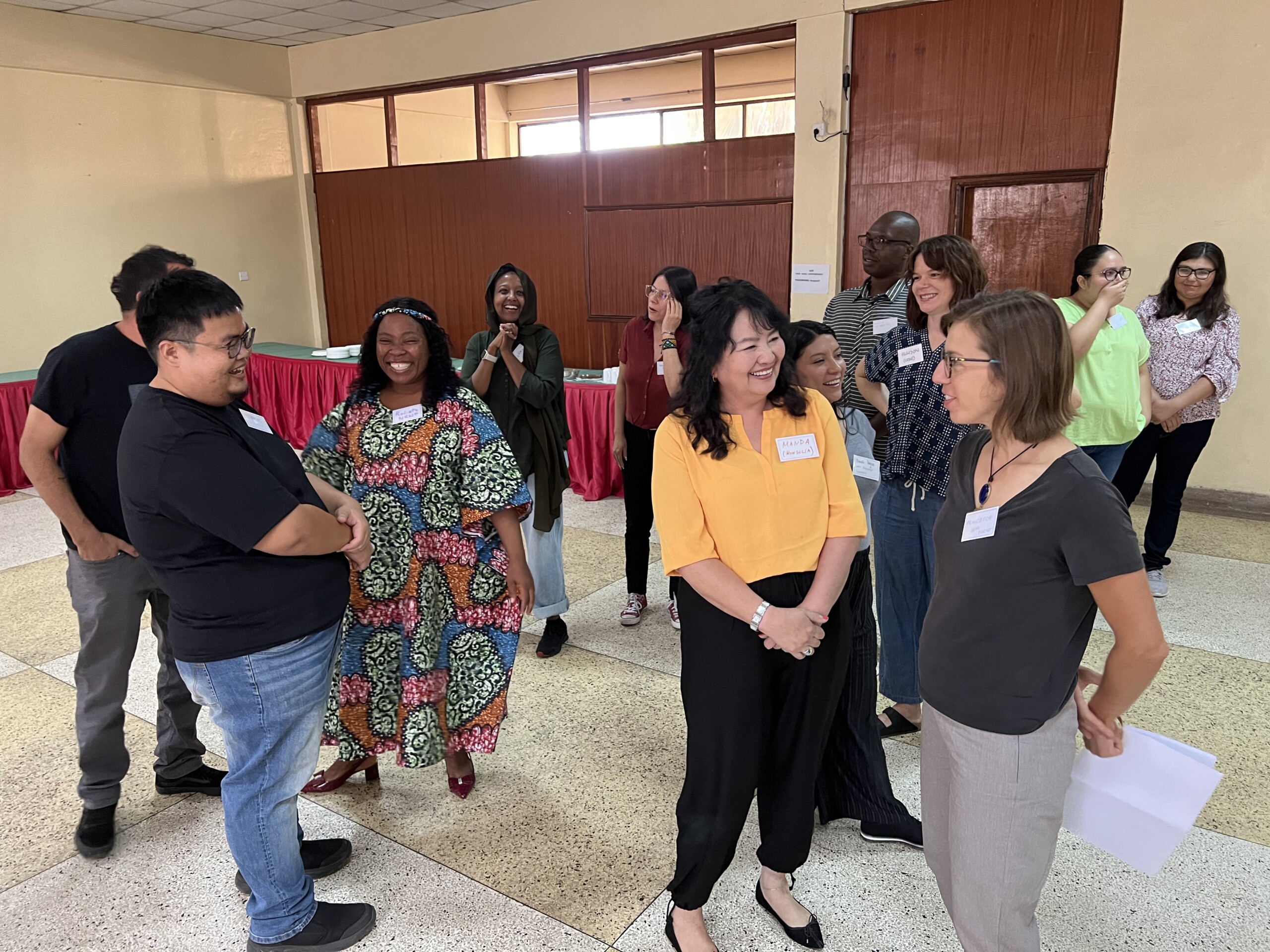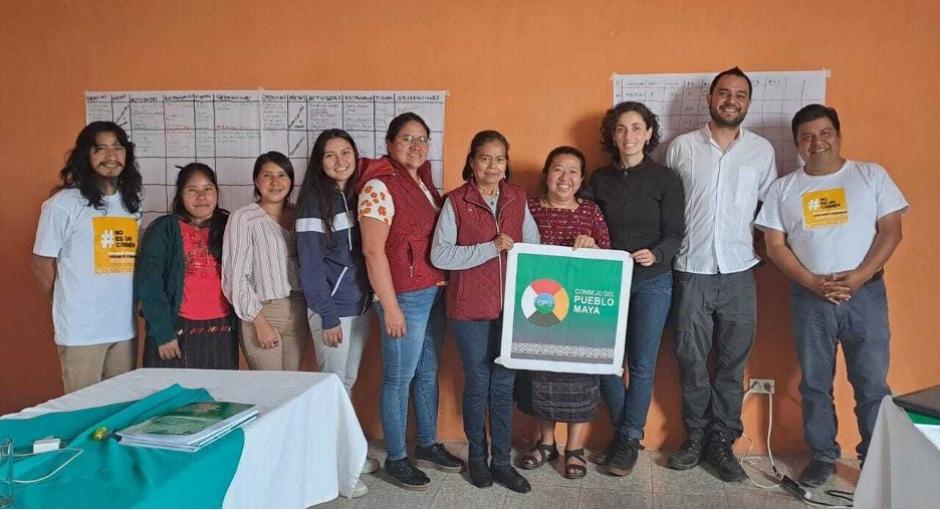From 12-16 June, 30 ESCR-Net members from over 15 countries gathered in Buenos Aires, Argentina for our third Systemic Critique workshop entitled, Centering Care, Advancing Debt Justice. The Systemic Critique Project is a political education initiative within the Network where we are able to create a dedicated space for critical learning and discussions relating to the dominant neoliberal capitalist economic system, with the aim of advancing alternative visions for the future in order to make human rights and social justice a reality for all.
This most recent workshop focused on the intersection of the debt, care, and climate crises. Members collectively advanced an intersectional, shared analysis, making clear the importance of understanding the gendered impacts of so-called debt crises, linking them explicitly to the crisis of care. For the first time, a cross section of members from the Economic Policy (EP) and the Women & ESCR working group were able to come together in person to learn, share, strategize and build meaningful solidarities.
Through this workshop, ESCR-Net members were able to begin to analyze the deep-seeded connections between crises of care and crises of debt. Members in Economic Policy reflected on the critical role of care workers in creating the social reproduction needed to drive our society. Dan Owala (PHM Kenya), expressed how he had not realized just how powerful care work was, noting he had an “aha” moment when thinking about the impact of what would happen if all care workers were to go on strike. Through the workshop, the direct connections between sovereign debt and household debt made clear the need for a stronger intersectional feminist analysis when tackling these issues. Members from both working groups found the space to be generative, inspirational, and there was a clear desire to create more spaces to expand political education across the wider membership.
After spending substantial time breaking down the concept, the history, and the impacts of the debt and care crises, the workshop also created the space for members to envision a new world, diving deeper into imagining what a truly caring economy could look like, what it could feel like.
Members first reflected on the current debt crises, pointing out the severe injustices communities are facing due to unfair and illegitimate debts. As Radiatu Sheriff (NRWP) rightly pointed out, “ we are paying for decisions we didn’t make.”
This sentiment was widely affirmed by members drawing the connections between decisions made by colonial powers and debt itself is “a form of colonialism” as put by Carolina Tamagnini (FUNDEPS). It is shackle holding generations of our communities hostage.


